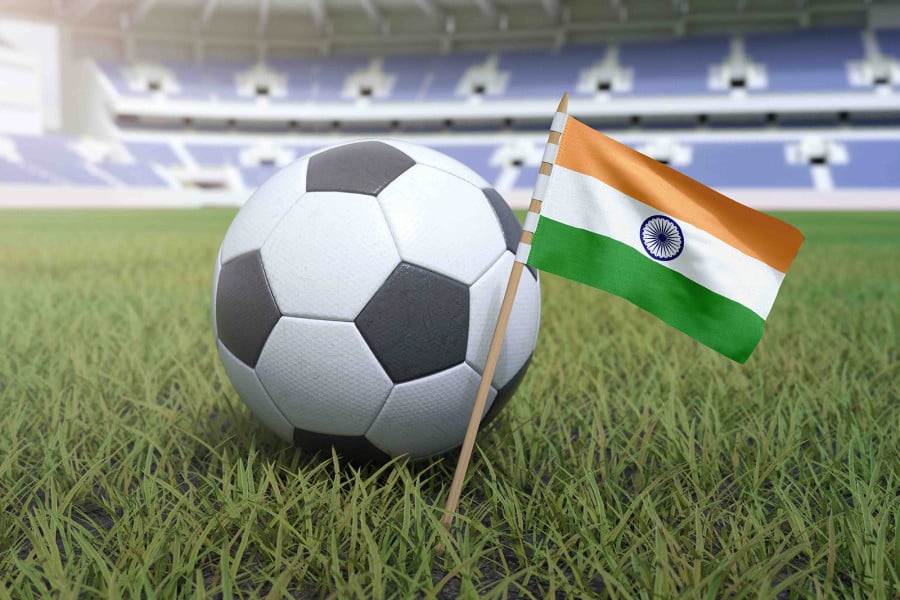A guide to FIFA’s COVID-19 guidelines and their effects on Indian football clubs

The severe threat to public health posed by the rapid spread of Covid-19 has forced governments across the globe to implement various measures to tackle the outbreak. Normal routine, economic and social activities have been disrupted, with governments having to resort to measures such as travel restrictions, lockdowns and social distancing, to combat the outbreak. Characterised as a pandemic by the World Health Organization on 11 March, 2020,[1] the ensuing period has seen an almost total suspension of sporting activity, including football activity, across the world due to Covid-19.
In India, following advisories issued by the Indian government, the All India Football Federation (AIFF) decided to suspend all football activity in the country with effect from 15 March, 2020.[2] Considering the unprecedented disruption caused by Covid-19 on football, FIFA has released guidelines (available here) on Covid-19 football regulatory issues (FIFA Covid-19 Guidelines).[3] In this article, we seek to examine the FIFA Covid-19 Guidelines as well as some of the key implications for Indian football clubs which arise from the guidelines. Specifically, we look at the following:
- Force majeure
- What are the FIFA Covid-19 Guidelines?
- How have football clubs and players worldwide responded to the Covid-19 pandemic?
- How would the FIFA Covid-19 Guidelines apply to Indian football clubs?
- How can Indian football clubs prepare a contingency plan based on the FIFA Covid-19 Guidelines?
To continue reading or watching login or register here
Already a member? Sign in
Get access to all of the expert analysis and commentary at LawInSport including articles, webinars, conference videos and podcast transcripts. Find out more here.
- Tags: All India Football Federation (AIFF) | Coronavirus | Court of Arbitration for Sport (CAS) | COVID-19 | FIFA COVID-19 Guidelines | Football | Hero I-League Second Division | I-League | India
Related Articles
- COVID-19: sport and the law of frustration and force majeure
- COVID-19: the impact on players’ contractual rights & obligations (key principles from case law)
- COVID-19: 10 legal considerations of extending the football season in England
- COVID-19: a legal perspective on FIFA’s guiding principles for national football associations
- COVID-19: the impact of postponing or cancelling sports events in India
Written by
Eshwar Ramachandran
Eshwar Ramachandran is an Associate at LawNK, a boutique law practice specialising in sports, media, technology and intellectual property laws. He is also a researcher at the Sports Law and Policy Centre, Bengaluru and his research interests include sports administration, doping control in sport and diversity in sport. Eshwar graduated with a B.A., LL.B (Hons.) degree from NALSAR University of Law, Hyderabad in 2017.
Nihal Zachariah
Nihal is a Senior Associate at LawNK, a Bangalore based niche law practice specializing in sports, intellectual property, media and information technology laws. He is also Legal Counsel at Copyright Integrity International, a world leader in the protection of digital and broadcast rights. Nihal graduated from Gujarat National Law University in 2013 and has experience in the areas of rights protection assistance and commercial contractual drafting for a range of clients, in the sports industry and outside.





